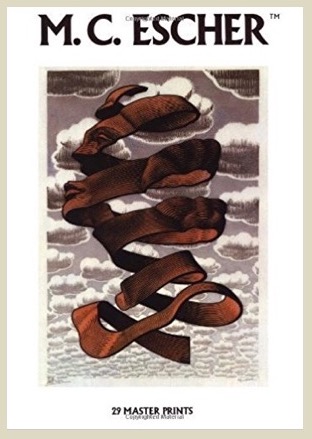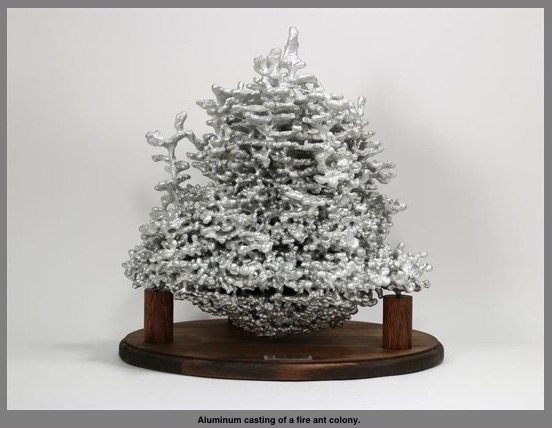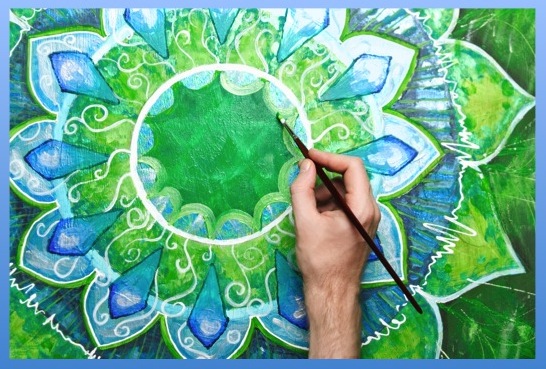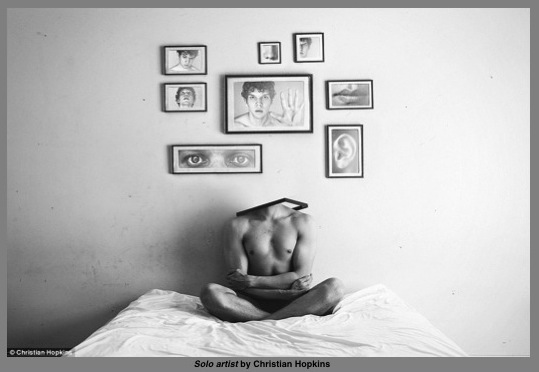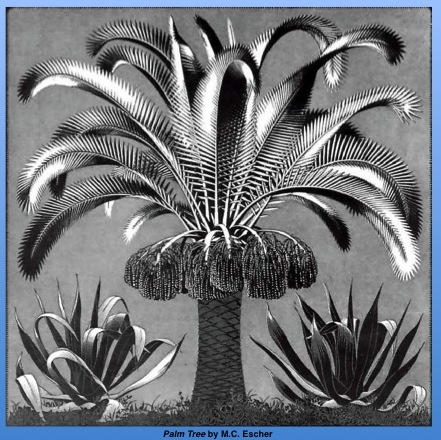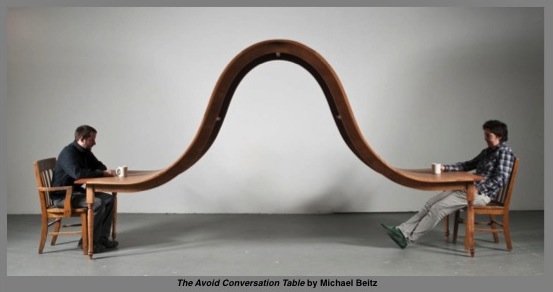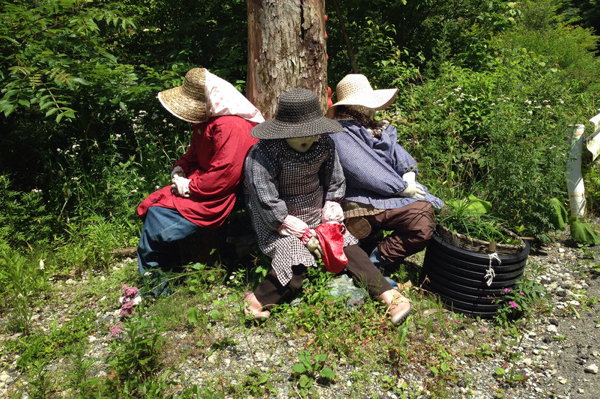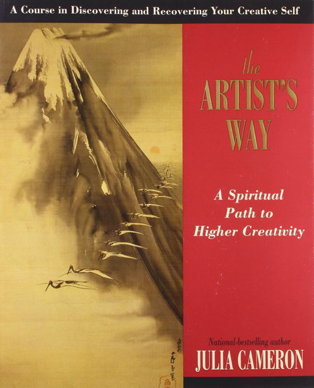
Twenty-two or more years after doing Julia Cameron’s The Artist’s Way course in creative recovery, I am doing it once more. My friend Tara reminded me that I’d sent it to her all those years ago and it helped her. I’m coming at it from a whole new perspective this time, which in itself is interesting.
Blocks, Cameron says, are caused by fear of one kind or another. None of the fears she lists in the Week 1 exercise are really mine any longer (or never were), but she never meant it as an exclusive list, just the kinds of things people think:
- Everyone will hate me.
- I will hurt my friends and family.
- I will go crazy.
- I will abandon my friends and family.
- I can’t spell.
- I don’t have good enough ideas.
- It will upset my mother and/or father.
- I will have to be alone.
- I will find out I am gay (if straight).
- I will be struck straight (if gay).
- I will do bad work and not know it and look like a fool.
- I will feel too angry.
- I will never have any real money.
- I will get self-destructive and drink, drug, or sex myself to death.
- I will get cancer, AIDS—or a heart attack or the plague.
- My love will leave me.
- I will die.
- I will feel bad because I don’t deserve to be successful.
- I will have only one good piece of work in me.
- It’s too late. If I haven’t become a fully functioning artist yet, I never will.
Only that last one has any resonance for me, and only the “It’s too late” part. Fact is, I was a fully functioning artist for years and I only put it aside because life circumstances took it away. However, going through this list and the exercises she suggests may help get to the root of what’s really bugging me. Even this early on, I see I’m beginning to flesh out what my real fear: that the well has gone dry, that I am all used up.
I have an overwhelming sense of fatigue when I think about jumping back into art with the same commitment I used to have. There are other unidentified fears floating around in the miasma of my consciousness, but I feel now that I’m inching towards discovery. Things are starting to loosen up.
That’s a form of progress, and I’ll take it. As Ms. Cameron says, “In recovering from our creative blocks, it is necessary to go gently and slowly.”
No worries, Julia. I’m going painfully slow. Hopefully, it won’t be painful forever.
